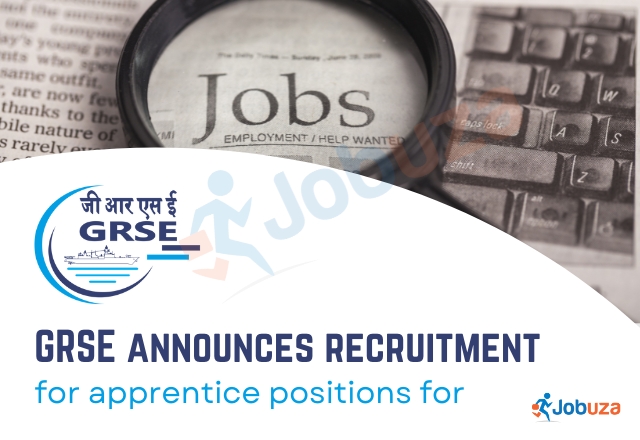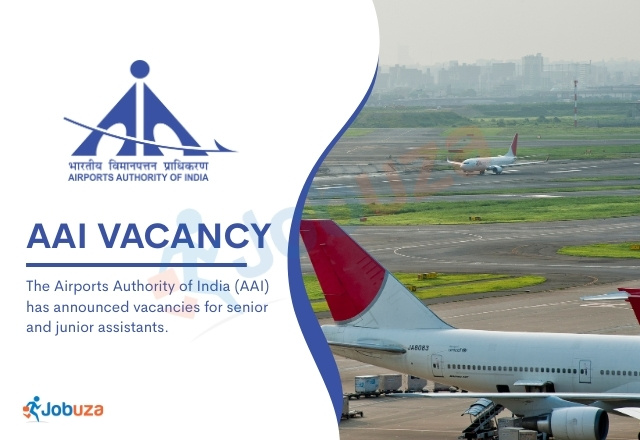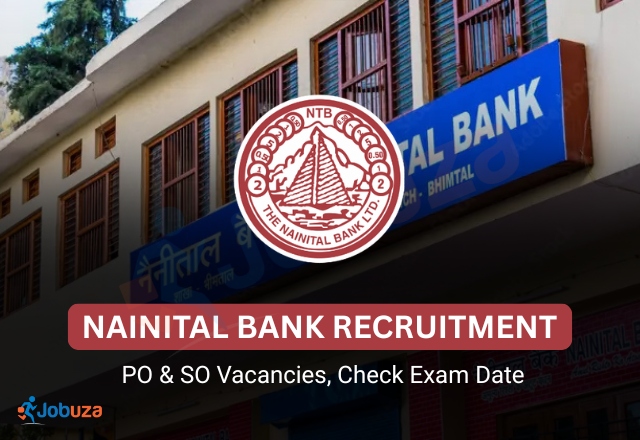
by Jobuza Team | Jan 2, 2026 | BLOG, Latest Jobs, Technical/IT Jobs
GRSE Apprentice Recruitment 2025 has been announced by Garden Reach Shipbuilders & Engineers Limited (GRSE) for the training year 2025–26. Under this recruitment drive, a total of 226 apprentice vacancies will be filled across multiple categories such as Human...

by Jobuza Team | Dec 31, 2025 | BLOG, Latest Jobs, PSU Jobs, UPSC Jobs
The Uttar Pradesh Police Recruitment and Promotion Board (UPPRPB) has started the direct recruitment process for 537 vacancies for the posts of Police Sub-Inspector (Confidential), Police Assistant Sub-Inspector (Clerk), and Police Assistant Sub-Inspector (Accounts)....

by Jobuza Team | Dec 29, 2025 | BLOG, Latest Jobs, UPSC Jobs
UP Lekhpal Recruitment: The Uttar Pradesh Subordinate Services Selection Commission (UPSSSC) has started the online registration process for 7,994 Lekhpal (Revenue Officer) posts. Candidates who meet the eligibility criteria can apply through the official website...

by Jobuza Team | Dec 22, 2025 | BLOG, Latest Jobs
Good news for candidates aspiring to work at airports. The Airports Authority of India (AAI) has officially released a recruitment notification for Senior Assistant and Junior Assistant posts. This recruitment is for the Non-Executive Cadre in the North Eastern Region...

by Jobuza Team | Dec 15, 2025 | BLOG, Latest Jobs, UPSC Jobs
The Union Public Service Commission (UPSC) has officially released the NDA & NA I 2026 notification on 10 December 2025. With the release of the notification, the online application process for the National Defence Academy (NDA) and Naval Academy (NA) has also...

by Jobuza Team | Dec 12, 2025 | Bank Jobs, BLOG, Latest Jobs
Nainital Bank has released the official Recruitment 2025 Notification for 185 vacancies across Clerk (CSA), Probationary Officer (Generalist and Specialist) and Specialist Officer posts. Eligible graduates aged between 21 and 25 years can now apply online at...








